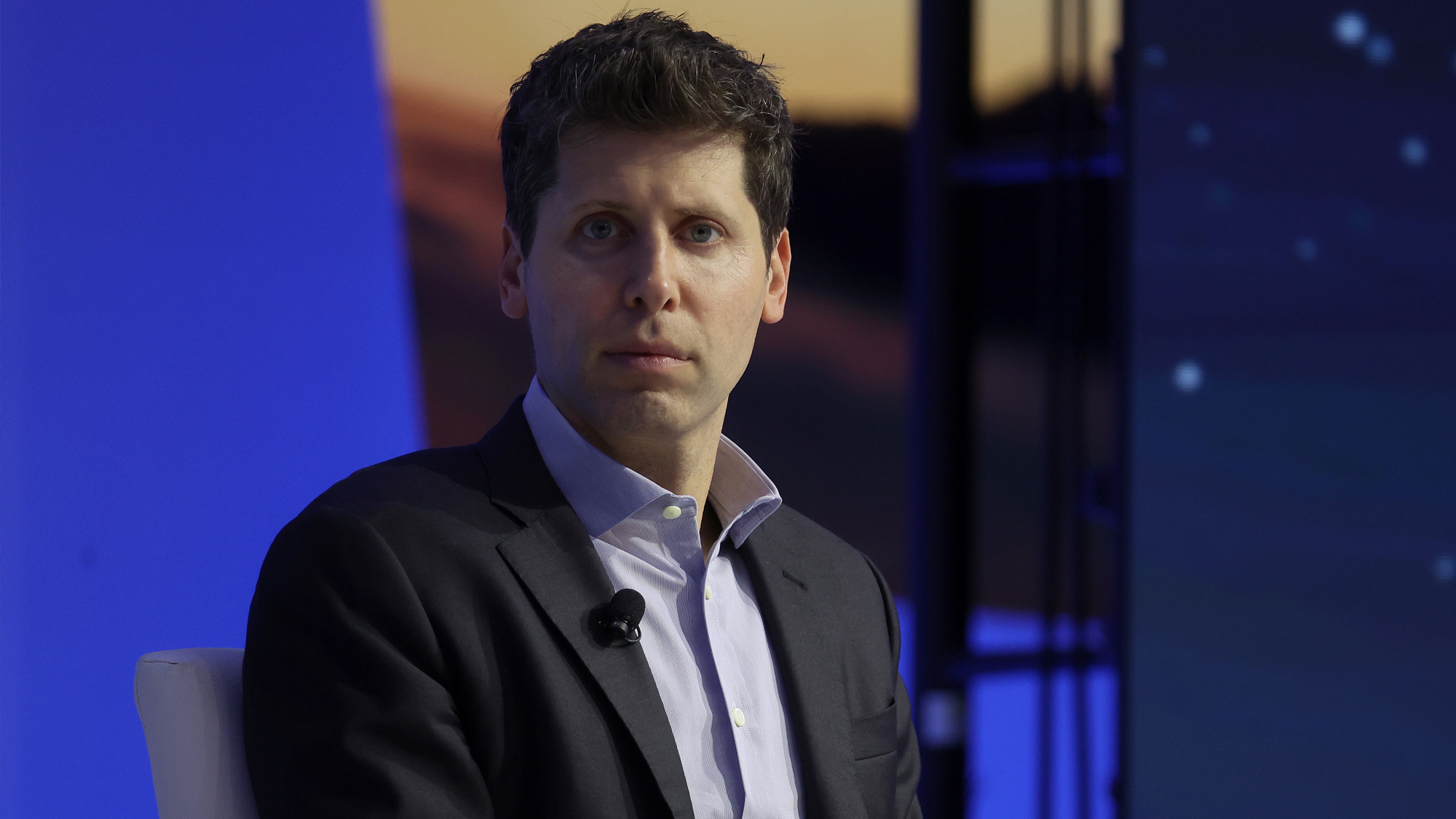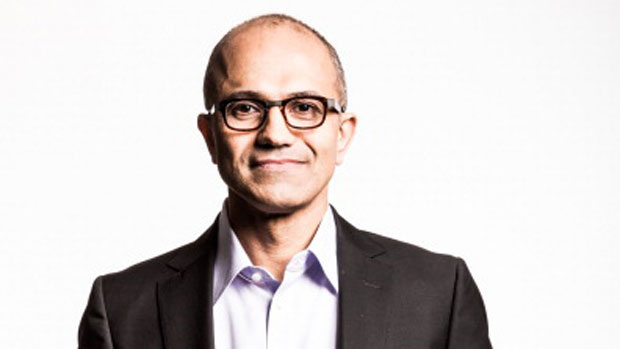Satya Nadella: why Microsoft chose an engineer, not a suit
Opting for scientists and engineers is a growing trend in the world of tech, says David Henderson

A free daily email with the biggest news stories of the day – and the best features from TheWeek.com
You are now subscribed
Your newsletter sign-up was successful
FACED with uncertain times, Microsoft has named Satya Nadella as its new CEO. His appointment follows months of speculation over who would replace longstanding leader Steve Ballmer, who retired last year. What is perhaps most striking about the choice to promote Nadella is that Microsoft has decided to opt for a CEO with a background in engineering, as opposed to a traditional management background.
As Nadella settles in, all eyes will be on him to see if an individual with a more technically-oriented background will do a better job of calming internal and shareholder nerves than his predecessor. Microsoft is by no means a struggling business, but it is in a period of market transition and uncertainty is a natural part of any such process. The tech giant is seeking to shift away from its almost total reliance on licensing as an income towards selling more devices.
Nadella is certainly no beginner when it comes to business. He has an MBA and has worked at Microsoft since 1992. He was promoted last year to an executive vice-president position, taking charge of Microsoft’s cloud division. But his roots are in software and engineering – both educationally and professionally.
The Week
Escape your echo chamber. Get the facts behind the news, plus analysis from multiple perspectives.

Sign up for The Week's Free Newsletters
From our morning news briefing to a weekly Good News Newsletter, get the best of The Week delivered directly to your inbox.
From our morning news briefing to a weekly Good News Newsletter, get the best of The Week delivered directly to your inbox.
This casts Nadella in stark contrast to Ballmer, who had a more traditional management background. From running his college football team, Ballmer moved onto a role as an assistant product manager at Procter and Gamble. He later dropped out of the prestigious Stanford graduate school of business to become the 30th employee at Microsoft, following what one would consider a straightforward management pathway across and up the organisation. What Ballmer lacked was status as a direct expert in the science of engineering and development – Microsoft’s core competency. Nadella has that in spades.
Research tells us that, in times of uncertainty, we are more satisfied with leaders who are viewed as holding expert status. Psychologically, we feel more secure when we perceive that the person giving us advice is an expert in what he or she is giving advice on. These proclivities are more pronounced during times of uncertainty, when we naturally search out even more reassurance. Expert status translates into power and influence – two tools that will allow Nadella to redirect Microsoft as its consumer base changes.
Microsoft is one of a number of tech firms that have chosen to place individuals with a strong technical background into the top office. Most of Microsoft’s main rivals are currently run by engineers. Apple has Tim Cook and Yahoo recently made a very high-profile appointment in the form of Marissa Mayer, a computer scientist who spent years at Google before taking charge at Yahoo in the wake of a scandal over her predecessor’s computer science credentials.
IBM is led by engineer Ginni Rometty, while Twitter’s Dick Costolo has a background in computer science, despite forays into improvisational comedy.
A free daily email with the biggest news stories of the day – and the best features from TheWeek.com
These appointments highlight a trend away from leaders with a background in business or management. It may well be that it is the uncertainty within a transitioning industry that is, in part, driving this trend. Social psychology would suggest this to be the case. As these organisations and their customers change, there is a natural response on the part of both internal and external shareholders to seek out technical experts to address these changes in what is, after all, a technical industry.
It might be a step too far to suggest that we are witnessing the beginnings of the era of the expert leader and the desecration of the generalist CEO but the tech industry is ripe at the moment for individuals like Nadella to draw upon their technical expertise to gain power and rise to higher ranks. Engineers rejoice, the time you spent in the lab at college may just be giving you the competitive advantage that you had been hoping for in business.
David Henderson is a Lecturer in Leadership at City University in London. This article was originally published at The Conversation.
-
 James Van Der Beek obituary: fresh-faced Dawson’s Creek star
James Van Der Beek obituary: fresh-faced Dawson’s Creek starIn The Spotlight Van Der Beek fronted one of the most successful teen dramas of the 90s – but his Dawson fame proved a double-edged sword
-
 Is Andrew’s arrest the end for the monarchy?
Is Andrew’s arrest the end for the monarchy?Today's Big Question The King has distanced the Royal Family from his disgraced brother but a ‘fit of revolutionary disgust’ could still wipe them out
-
 Quiz of The Week: 14 – 20 February
Quiz of The Week: 14 – 20 FebruaryQuiz Have you been paying attention to The Week’s news?
-
 OpenAI: A boardroom coup wrenches the AI world
OpenAI: A boardroom coup wrenches the AI worldFeature OpenAI employees are asking the board to resign
-
 Microsoft cleared by UK watchdog to buy 'Call of Duty' maker
Microsoft cleared by UK watchdog to buy 'Call of Duty' makerSpeed Reads Watchdog finally approves $69bn deal but criticises tech giant for its tactics
-
 Apple nears $1trn valuation - but will the new dotcom bubble burst?
Apple nears $1trn valuation - but will the new dotcom bubble burst?Speed Read Tech stocks soar but experts predict regulatory crackdown could cause a crash
-
 Satya Nadella: The challenge awaiting Microsoft's new CEO
Satya Nadella: The challenge awaiting Microsoft's new CEOIn Depth Bill Gates endorses Nadella, but some say his presence will undermine confidence in the new boss